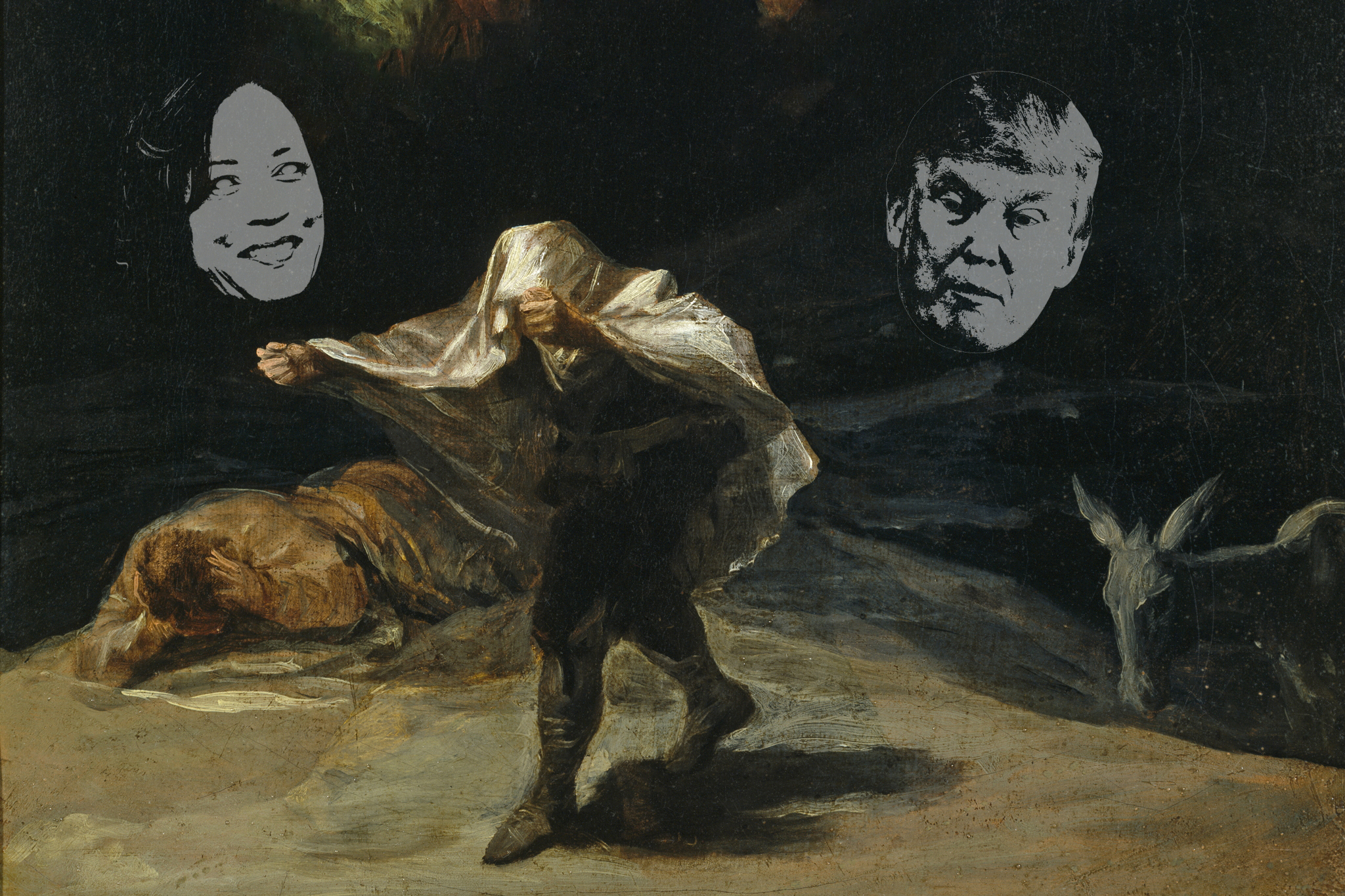Whoever Wins, Mexico Loses
Regardless of the outcome in the US election, when it comes to US security policy abroad, it did not matter who won; Mexico loses.
Donald Trump, the Republican candidate, threatens to take a hard-line position on Mexico’s organized crime groups by designating them as “Foreign Terrorist Organizations,” as in the 1996 Antiterrorism and Effective Death Penalty Act. Trump intended to implement the Act in his first term but gave it up in the face of Mexico’s shrewd negotiating. Analysts warn that Trump will be bolder in a second term.
This FTO designation could trigger a US unilateral military action inside Mexico against so-called drug cartels, including drone strikes or even covert “kill teams” sent to Mexico to assassinate kingpins, all without Mexico’s approval. While grossly violating Mexico’s sovereignty, this strategy does nothing for people and their families wrestling with addictions inside the US and very little to stem illicit drug supply. And when, during the neoliberal era, the “kingpin” strategy prioritized capturing cartel leadership, it only served to splinter cartels and increase the violence as rivals fought to establish new leadership and secure control over territory and drug routes.
Kamala Harris, the Democratic Party candidate, seems hardly any better for Mexico. The Biden-Harris administration has been at odds with Mexico City over their refusal to continue US agents’ free rein inside Mexico. Under López Obrador, Mexico severely limited the DEA’s scope of work, grounding their planes and imposing restrictions and greater scrutiny of agents. The DEA’s director, Anne Milgram, even lamented the slow pace of visa approval. President Claudia Sheinbaum continues this strategy, pledging cooperation without submission.
Democrats have the same disdain for Mexican sovereignty as their Republican counterparts. Three months ago, notorious drug kingpin Ismael “El Mayo” Zambada was mysteriously whisked away to the US and arrested at a Texas private airfield in what Alejandro Gertz Manero, Mexico’s Attorney General, described as a kidnapping. Though it’s believed Zambada was betrayed by Joaquín Guzmán López, son of Zambada’s one-time partner El Chapo, the US hasn’t yet fully explained how the operation went down or the US government’s role.
“The United States has provided us with part of the information, but an essential part is still missing,” said Manero. US Ambassador Ken Salazar responded condescendingly to Mexico’s push for more transparency, saying, “What happened in Sinaloa should be celebrated.”
That’s easy for Ken to say, but Mexico and Mexicans are now enduring a violent fallout from that operation as rival factions of the Sinaloa cartel fight it out. Mexican Defense Secretary Ricardo Trevilla directly attributed the State of Sinaloa’s rise in violence to Zambada’s arrest.
Though López Obrador had abandoned the “kingpin” strategy favored by the US, apparently Washington is dead set on continuing it, whether Mexico approves or not. The US gets flashy headlines, and Mexico gets bodies piling up.
Mexico yearns for peace, but that requires a coordinated, multifaceted strategy, not US unilateral actions, be it a Republican or Democrat in the White House.

